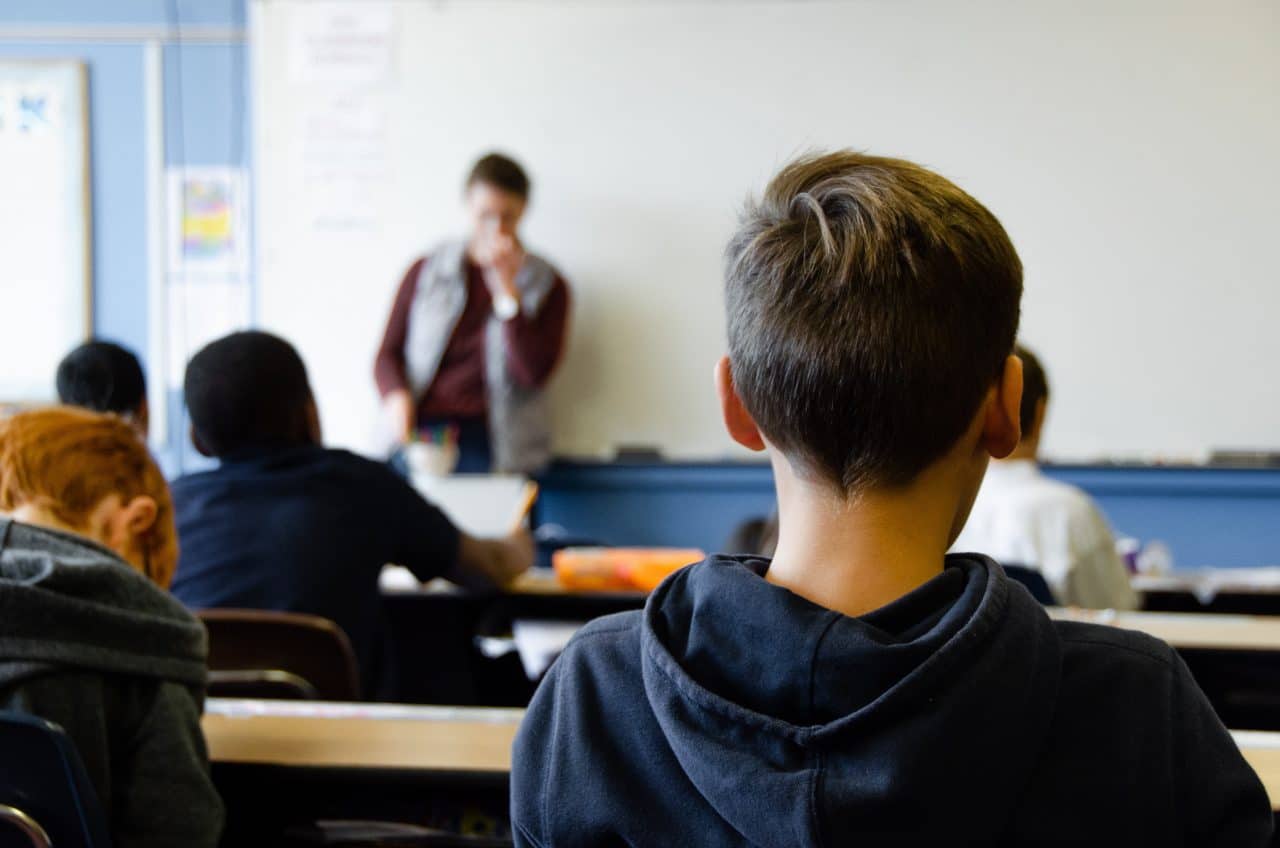Left untreated, hearing loss can have impacts in many areas of your child’s life, including their learning. It’s important for teachers to recognize the signs of hearing loss and communicate any concerns with parents so that interventions and accommodations can be sought early. Below we review the impacts of hearing loss in young people as well as strategies for accommodating students with hearing loss.
How Hearing Loss Affects Learning

The American Speech-Language-Hearing Association (ASHA) reports that hearing loss can affect children’s learning and development in four main ways:
- Children with hearing loss often experience a delay in developing both receptive and expressive communication skills.
- A language deficit may cause learning problems and reduced academic achievement.
- Communication difficulties may result in social isolation and poor self-regard.
- Having hearing loss may impact vocational choices.
ASHA also reports that untreated hearing loss can have the following impacts:
- Vocabulary. Children with hearing loss tend to have smaller vocabularies than their peers with normal hearing. In addition, they may have trouble learning abstract words and words with multiple meanings.
- Sentence structure. It’s common for children with hearing loss to understand and produce shorter and simpler sentences than children with normal haring.
- Speaking. Children with hearing loss may have trouble hearing quieter speech sounds like certain consonants, meaning they don’t produce those sounds and are difficult to understand.
- Academic achievement. Difficulty with reading and mathematical skills is common for children with hearing loss. Additionally, children with hearing loss tend to achieve one to four grade levels lower than their peers with normal hearing.
- Social functioning. Feelings of loneliness and trouble socializing are common for children with hearing loss.
Classroom Accommodations
The National Center for Education Statistics reports that the number of children with disabilities who spend at least 80% of their school day in general education classes rose from 59% to 65% from 2009 to 2019. If you’re a teacher in Chelmsford Public Schools, you should know how to accommodate students with hearing loss. Some strategies include:
- Placing students with hearing loss at a desk toward the front of the class.
- Trying to minimize distracting background noises.
- Repeating questions asked by students before responding to them.
- Facing the class, rather than the board, when speaking.
- Keep lights bright to make lipreading easier.
- Providing written instructions and supplementary materials.
- Turning on captions on all videos you play in class.
For more information or to schedule an appointment, call Massachusetts Hearing Group today.